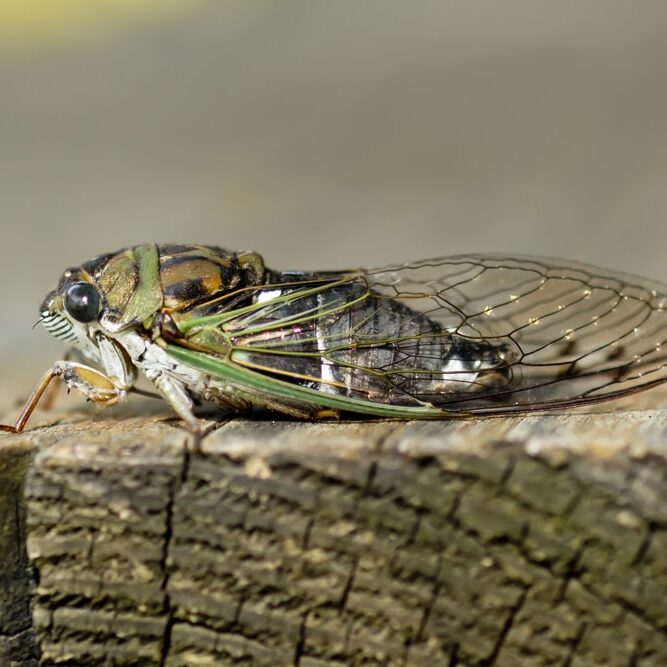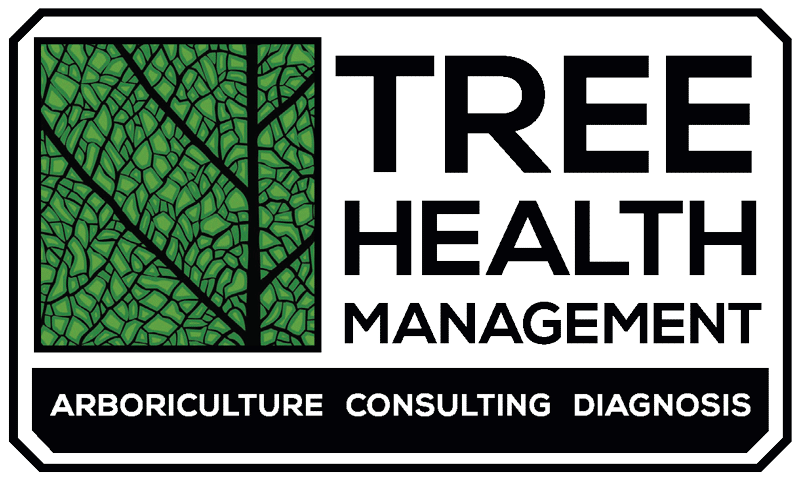Blog | Pest Management
2024: The Year of Cicadas

2024 is a big year for cicadas in Wisconsin! This year our beloved trees will host two species of native cicadas at the same time, a feat 17 years in the making. You might be asking “Don’t cicadas feed on trees and shrubs”? Here’s what you need to know:
Southern Wisconsin is home to two species of cicadas, annual and periodical. These two species are differentiated by how much time they take to develop, and when they emerge as adults. Annual cicadas are the type you see every year during the hot months of summer. They are black, green and grey in color and sing loudly during the day into evening. Periodical cicadas have black, yellow and orange coloring, with distinct red eyes. Periodical cicadas only emerge every 13 or 17 years, depending on the species. In southern Wisconsin we have only one type of periodical cicada, a 17-year species labeled “Brood XIII” by entomologists.
Young cicadas feed on tree and shrub roots to fuel their development, though they don’t typically cause a lot of damage to their host plant. Adults however, will cause some damage to small branches ¼-½” diameter that they use to house their eggs after they’re laid. During the adult stage, both species prioritize attracting a mate, mating, laying eggs and dying. Adult cicadas don’t feed during this stage of life. Once an adult female has successfully developed eggs, she will use her knife-like ovipositor to cut into branches and deposit her eggs into the opening. After eggs hatch, the young cicadas fall to the ground and burrow underground where they live and develop further. The resulting damage from this process is called “flagging” and occurs when individual branch tips die back after their water and nutrient supply is cut off. Mature trees and shrubs can tolerate this kind of damage pretty well, but young woody species may experience stress.
If you see any flagging, or need help managing your woody plants during this special time, call Tree Health Management and one of our arborists can help you!
